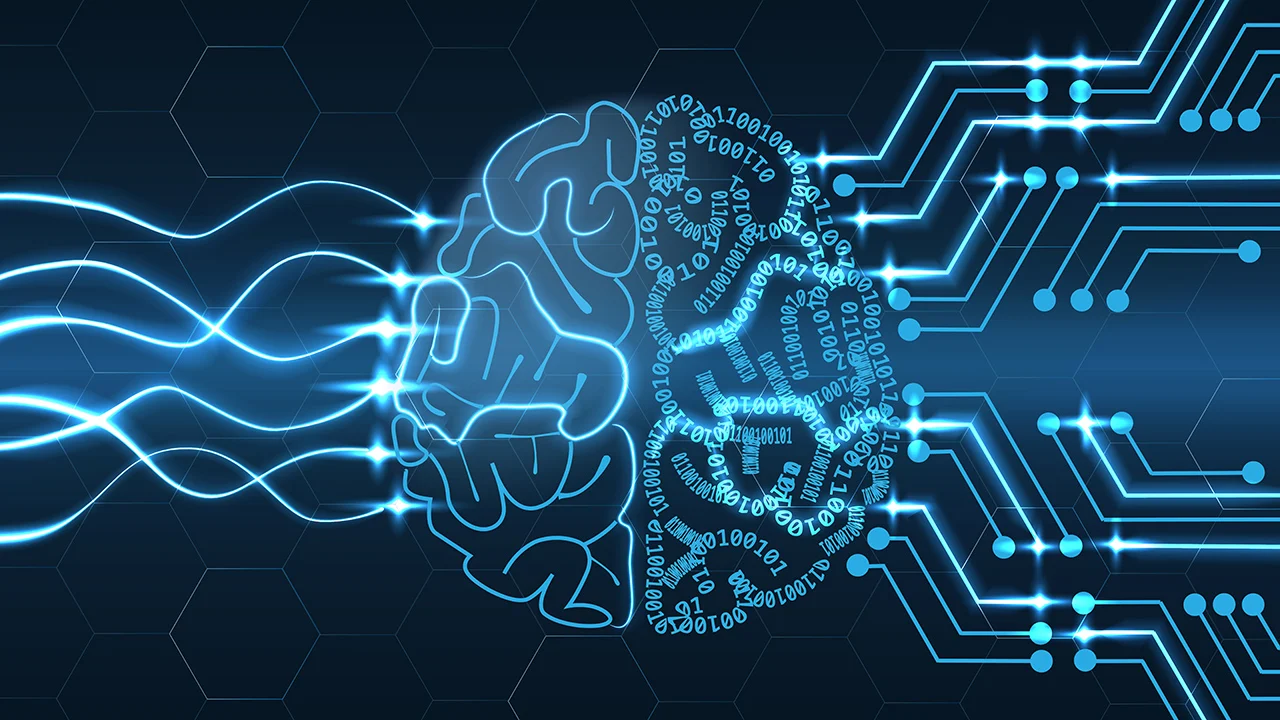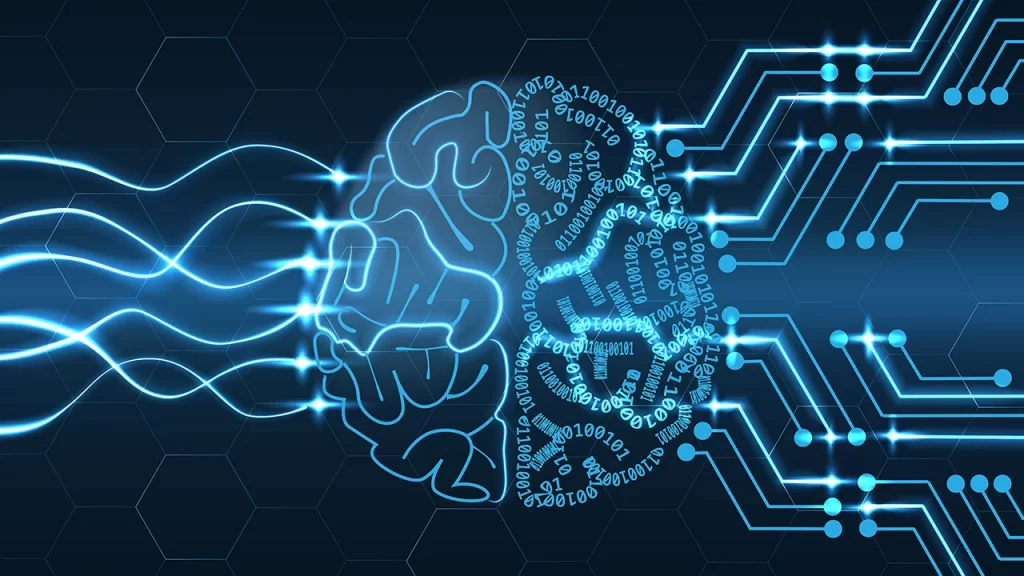
Consumers are demanding better, faster service from B2B sellers.
Why? Because they have more options.
The Internet has opened up a world of choice for savvy shoppers. Consumers can now efficiently compare shop and research products online before they buy them in-store or online at a physical store like Amazon or Walmart. This means sellers must offer competitive pricing, quick shipping times, and excellent customer service to stand out from the crowd in a crowded marketplace.
What is artificial intelligence, and how does it work?
Artificial intelligence is a broad term that includes many different technologies. It’s often used to refer to computer programs that can make decisions and perform tasks that typically require human intelligence. AI has been around for decades, but recently we’ve seen the rise of deep neural networks (DNN), which are programmed with repetitive layers of data processing so that they can learn on their own and improve over time.
AI has been used in everything from facial recognition software like Facebook to personal assistants like Apple’s Siri or Google Assistant—and even video games like Pokémon GO! AI systems take in massive amounts of information from all kinds of sources—like search queries on Google or spoken words on Facebook—and use this input to make predictions about what might happen next based on past performance.
Is your B2B eCommerce ready for artificial intelligence?
There’s a lot of data out there. What kind of data do you need to collect? How much data do you have already, and what type of data is missing from your analytics? You’ve probably got some marketing automation tools in place, but are they collecting the correct information about your customers and prospects for AI insights?
What about sales automation tools—are those gathering intelligence on customer behavior and preferences? And what about customer service—is it tracking call center interactions with customers, so you can analyze their language patterns and personalize future interactions accordingly?
As with any new technology implementation project, it’s essential to start collecting all this information before proceeding with any analysis. The more accurate your analytics are going into the process, the better results you’ll see once everything gets integrated into an AI program.
AI helps sift through the massive amounts of data available to modern B2B companies.
Artificial intelligence (AI) is a broad, evolving field that can be applied to all business areas. AI solutions can now sift through massive amounts of data and make decisions more quickly than ever. This technology can help B2B eCommerce providers provide a better customer experience, identify their most valuable customers, and optimize operations.
AI can provide more accurate recommendations for new customers and upsell opportunities for regular customers.
By analyzing customer purchase histories and behavior, AI can provide more accurate recommendations for new customers, which is more likely to increase sales than generic product suggestions.
For example, if someone buys a pair of shoes from your men’s store and then purchases a wallet, AI could recommend socks or even a tie.
AI can also help to upsell existing customers on other products they may be interested in buying. It looks at what they’ve bought before, what their shopping cart currently contains, and how they look at different online stores while browsing yours—and uses this information to suggest products that might interest them based on similar preferences as their previous purchases (even if it’s something completely different). This technique works exceptionally well when there are multiple options available for each item; for example: “Would you like black or brown?”
AI can help B2B eCommerce providers provide a better customer experience.
Artificial intelligence can help B2B eCommerce providers provide a better customer experience.
AI provides the ability to personalize experiences for customers and so much more. For instance, eCommerce companies can offer a more tailored approach to customer service by analyzing previous interactions with each customer and predicting his or her needs before he or she contacts the company.
In addition, AI can help businesses provide personalized product recommendations based on the unique purchasing habits of each consumer (e.g., sales, cart abandonment rate) to reduce abandonment rates and generate more revenue from existing customers who will be likely to buy items they have been recommended after viewing them in their account history or receiving an email alert about discounts on those items when they’re available again).
With AI’s help, B2B eCommerce companies can increase retention rates by using machine learning algorithms that focus on providing tailored offers based on past purchases while also providing relevant discounts based on current shopping trends like seasonality, etc.
This enables businesses, both large and small, to take advantage of these technologies without having extensive human resources needed at both ends: analytics teams creating models for predicting future purchases but also marketers who know about upcoming events which could lead consumers towards making purchases later down the line.
AI can help companies identify their most valuable customers.
Let’s say you’re a B2B eCommerce company that sells products to large, enterprise customers. You have thousands of customers who spend varying amounts on your various products over time. How can you figure out which ones are more likely to become big spenders? The answer: through AI.
Armed with this information, you’ll be able to target specific segments of customers who are more likely to buy from you again in the future—and then tailor strategies for each group accordingly.
AI helps with better fraud prevention and compliance.
How? You ask, rightly. Let’s start with the fact that AI can analyze large data sets and make predictive decisions. In the context of B2B eCommerce, your bot can use its sophisticated algorithms to identify suspicious transactions before they get anywhere near your payment processor. It also means you can keep an eye on all this from a single dashboard—no need for separate tools.
AI can also help with compliance by identifying both fraudulent and non-fraudulent transactions in real-time so that you don’t have to spend time or money on manual checks after the fact.
Artificial intelligence is changing how businesses approach their online presence and supply chains.
Artificial intelligence has changed how businesses approach their online presence and supply chains. AI helps companies identify their most valuable customers, better fraud prevention and compliance, and provide a better customer experience.
AI is helping companies identify more of their best customers through machine learning. This is excellent news for businesses because they can spend more time focusing on providing value to those customers instead of spending hours trying to figure out who they should talk to next.
In conclusion
So, are you ready to meet the artificial intelligence of tomorrow? We know it can be scary when a new technology comes into play, but we think this is one that every B2B company should consider. Artificial intelligence will help your business reach more customers and increase sales while providing a better experience for those who already do business with your brand. It’s time to step into the future.

Founder Dinis Guarda
IntelligentHQ Your New Business Network.
IntelligentHQ is a Business network and an expert source for finance, capital markets and intelligence for thousands of global business professionals, startups, and companies.
We exist at the point of intersection between technology, social media, finance and innovation.
IntelligentHQ leverages innovation and scale of social digital technology, analytics, news, and distribution to create an unparalleled, full digital medium and social business networks spectrum.
IntelligentHQ is working hard, to become a trusted, and indispensable source of business news and analytics, within financial services and its associated supply chains and ecosystems












